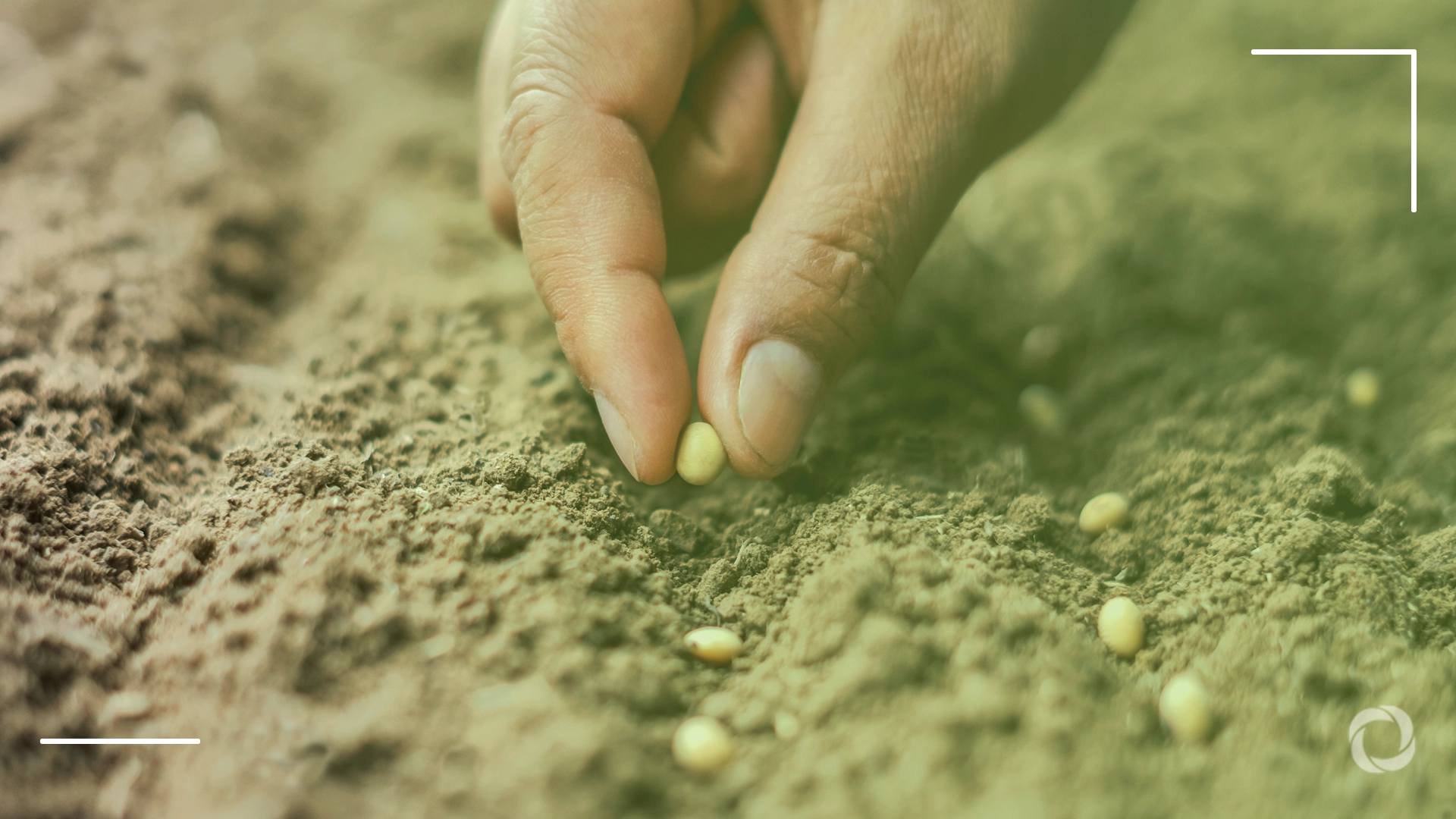For generations, farmers have saved and shared seeds freely. Now, that act could throw them in jail.
In a sun-bleached village outside Machakos, Kenya, Grace Muli, 57, cradles a handful of maize kernels. These seeds carry more than the next season’s harvest; they hold her grandmother’s knowledge, her community’s survival, and increasingly, her freedom.
For decades, Muli has saved and shared seeds with neighbors, keeping her community fed. But this year, she hesitates. Under Kenya’s Seeds and Plant Varieties Act, sharing these kernels, or even planting her own saved seeds, could cost her nearly US$7,000 in fines or two years in prison. In November 2025, the High Court will decide whether this generation-old practice remains a crime.
This year’s World Food Day theme, “Hand in Hand for Better Foods and a Better Future,” may sound paradoxical to many: while global leaders urge collaboration to end hunger, farmers like Muli are being punished for working hand in hand with their communities to feed the world.
How seeds became private property
For millennia, seeds belonged to the people who grew them. Farmers saved, shared, and adapted them to their land and climate. That changed in 1961 when the International Union for the Protection of New Varieties of Plants (UPOV) was created. For the first time, breeders gained exclusive rights over new plant varieties.
Resistance was initially strong. But multinational agrochemical giants, backed by their home governments, have spent years pushing for the adoption of UPOV-style rules. The Green Revolution of the 1970s and 1980s trickled down these rules to the Global South by exporting hybrid crops, fertilizers, and high-yield seeds alongside pressure to adopt UPOV-style laws.
The tipping point was the 1991 UPOV Act, which criminalizes seed saving and sharing practices. This is despite the fact that small-scale farmers produce about 70% of the food consumed in developing countries, according to the International Fund for Agricultural Development (IFAD).
Today, over 90 countries have adopted UPOV-compliant laws. As a result, seed ownership has been monopolized: Bayer, Corteva, Syngenta, and BASF now control 56% of the global proprietary seed market, valued at around US$50 billion, according to an ETC Group report.
Experts’ perspectives: innovation or monopoly
Supporters of UPOV-style laws say these rules encourage innovation, giving breeders exclusive control over how new plant varieties are sold and distributed. According to Peter Button, vice secretary-general of UPOV, this protection lets companies recover the large investment and time, often 10 to 15 years, needed to develop a new seed.
On the other hand, experts have warned that seed monopolization creates a triple threat: it undermines food security by restricting access to planting materials, erodes sustainability by decimating crop diversity essential for climate resilience, and deepens inequities by forcing smallholders into corporate dependency.
Right to food: Seed monopolization undermines food sovereignty, the right of people to healthy, culturally appropriate food produced through ecologically sound methods, Pat Roy Mooney, co-founder of ETC Group, notes.
Eroding biodiversity: The loss of locally adapted seed varieties is eroding biodiversity. The Food and Agriculture Organization estimates that 75% of global crop diversity was lost between 1900 and 2000. This decline reduces seeds’ resilience to pests, diseases, and climate shocks, leaving farmers with less reliable harvests.
Widening inequality: Seed monopolization widens inequality, transforming a shared resource into a costly, legally restricted commodity. Laws like the Seed and Plant Varieties Act criminalize traditional seed sharing, disadvantaging smallholders while favoring big corporations.
Moreover, market concentration drives up seed prices. For instance, in the U.S., seed prices have surged by 270% from 1990 to 2020, according to the United States Department of Agriculture.
Global pushback against corporate seed control
Across the Global South, farmers are mounting resistance to corporate seed dominance.
Africa: In Kenya, fifteen smallholders have taken the Seeds and Plant Varieties Act to the High Court, arguing it violates constitutional rights to culture, food, and property. In Benin, civil society organizations urged the government to withdraw its proposal to join UPOV, warning it would undermine local seeds and food sovereignty. In Ghana, a mass protest blocked a Plant Breeders’ Rights Bill aligned with UPOV ’91.
Latin America: Farmers and Indigenous communities are resisting corporate seed dominance. In Honduras, the Supreme Court struck down the 2012 Plant Varieties Law, protecting the right to save and exchange seeds after a nearly decade-long legal battle. In Argentina, mass mobilizations blocked Article 241 of the Omnibus Law, which would have restricted seed reuse. In Colombia, farmers have led strikes against “Monsanto laws,” safeguarding local rice and maize varieties.
Asia: In Thailand, farmers have continuously blocked efforts to enforce the adoption of intellectual property laws on seeds, aiming to safeguard 25 million small-scale farmers. In Indonesia, after a legal battle waged by a coalition of farmers and civil society groups, the Constitutional Court ruled that seeds are a public resource, making privatization unconstitutional, protecting traditional seed-saving practices. Farmers in Malaysia have raised concerns about laws that criminalize saving, exchanging, or using traditional seeds, advocating for policies that safeguard local varieties and food sovereignty.
As climatic shocks intensify, crop diversity will be critical to feeding a growing world, experts warn. For farmers like Grace Muli, the outcome of Kenya’s High Court case is more than a legal decision; it will define what seed sharing and saving will look like in the years ahead, a decision that may also influence biodiversity and food security far beyond Kenya’s borders.

